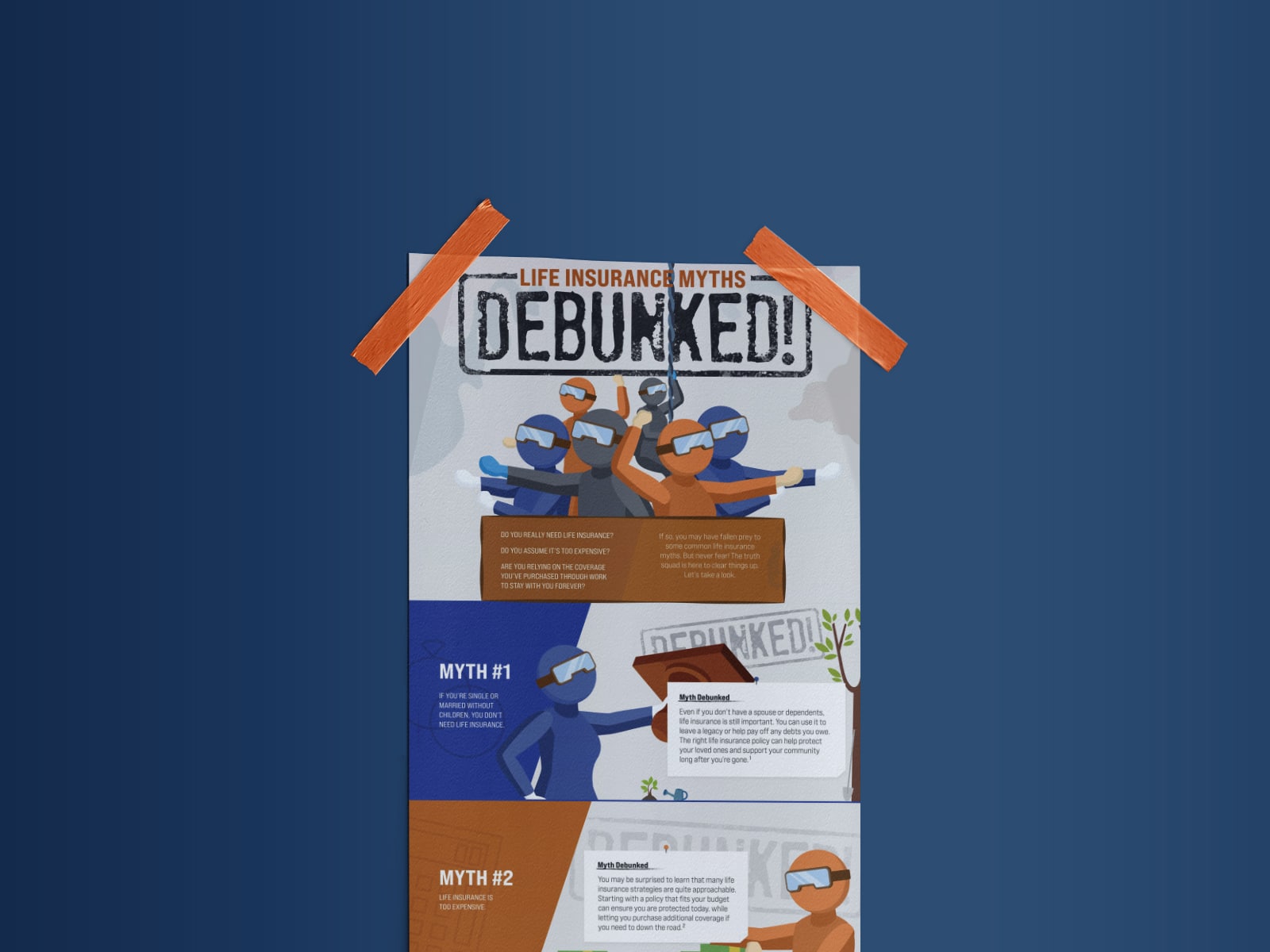Should You Borrow from Your 401(k)?
The average credit card balance is $6,371 as of July 2025. With the average credit card annual percentage rate sitting at 25.34%, it represents an expensive way to fund spending.1,2
Which leads many individuals to ask, "Does it make sense to borrow from my 401(k) to pay off debt or to make a major purchase?"3
Borrowing from Your 401(k)
- No Credit Check—If you have trouble getting credit, borrowing from a 401(k) requires no credit check; so as long as your 401(k) permits loans, you should be able to borrow.
- More Convenient—Borrowing from your 401(k) usually requires less paperwork and is quicker than the alternative.
- Competitive Interest Rates—While the rate you pay depends upon the terms your 401(k) sets out, the rate is typically lower than the rate you will pay on personal loans or through a credit card. Plus, the interest you pay will be to yourself rather than to a finance company.
Disadvantages of 401(k) Loans
- Opportunity Cost—The money you borrow will not benefit from the potentially higher returns of your 401(k) investments. Additionally, many people who take loans also stop contributing. This means the further loss of potential earnings and any matching contributions.
- Risk of Job Loss—A 401(k) loan not paid is deemed a distribution, subject to income taxes and a 10% penalty tax if you are under age 59½. Generally, should you switch jobs or get laid off, you must repay a plan loan within five years and must make payments at least quarterly.4
- Red Flag Alert—Borrowing from retirement savings to fund current expenditures could be a red flag. It may be a sign of overspending. You may save money by paying off your high-interest credit-card balances, but if these balances get run up again, you may have done yourself more harm.
Most financial experts caution against borrowing from your 401(k), but they also concede that a loan may be a more appropriate alternative to an outright distribution if the funds are absolutely needed.
1. Bankrate.com, July 16, 2025
2. Forbes.com, August 25, 2025
3. Once you reach age 73 you must begin taking required minimum distributions from your 401(k) or other defined-contribution plans in most circumstances. Withdrawals from your 401(k) or other defined-contribution plans are taxed as ordinary income and, if taken before age 59½, may be subject to a 10% federal income tax penalty.
4. IRS.gov, 2025
The content is developed from sources believed to be providing accurate information. The information in this material is not intended as tax or legal advice. It may not be used for the purpose of avoiding any federal tax penalties. Please consult legal or tax professionals for specific information regarding your individual situation. This material was developed and produced by FMG Suite to provide information on a topic that may be of interest. FMG Suite is not affiliated with the named broker-dealer, state- or SEC-registered investment advisory firm. The opinions expressed and material provided are for general information, and should not be considered a solicitation for the purchase or sale of any security. Copyright FMG Suite.



